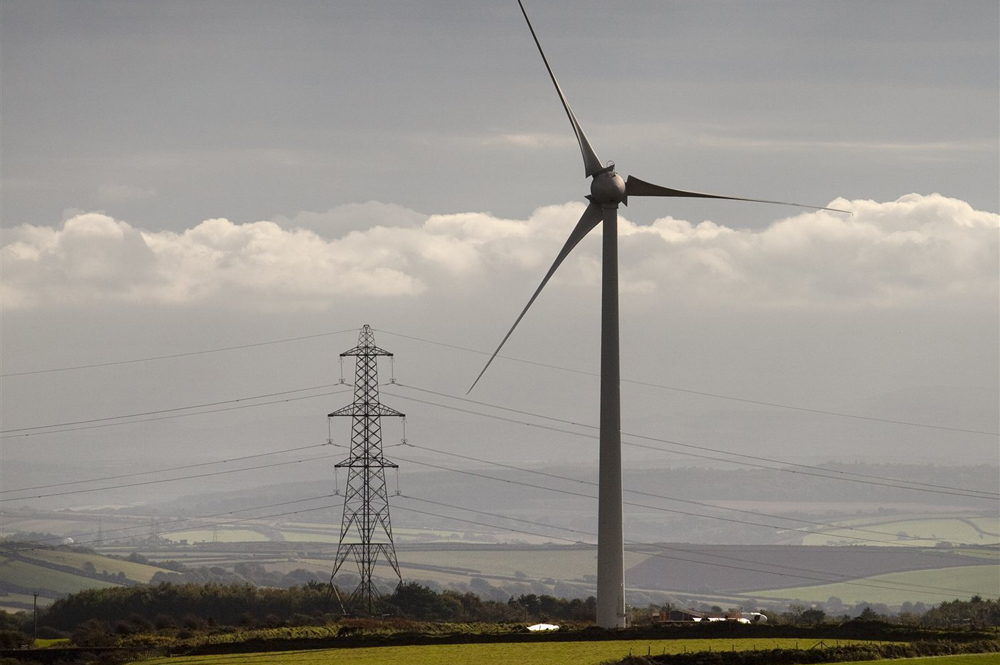Tennet has selected utilites Engie (formerly GDF Suez), KPN, Peeeks and Senal, to work on a pilot project to provide reserve power using "new" technologies.
In response to the growing share of renewable power on the grid, Tennet and its partners will run a pilot scheme to see if any – or a combination of – wind turbines, solar panels, batteries, thermal boilers, CHP plants, water-pumping stations and cooling installations can provide reserve capacity.
"Tennet wants to look at whether smaller suppliers are also able to provide primary reserve capacity, either without or in concert with alternative power plants, to compensate for any disturbances in the European grid frequency," Tennet said.
The partners will begin providing primary reserve capacity to Tennet from January 2017, the system operator said.
Chief operating officer Ben Voorhorst said: "These new pilots fit in with the wider strategy Tennet is pursuing to prepare the electricity system for the larger share of renewable-produced energy. Over the coming years, the production of renewable energy will soar, and there will be times when practically all of the large power plants are switched off. It's at those times in particular that we need to be able to cushion any fluctuations."
Tennet said the four parties represent the "widest possible variety" of technologies to provide reserve capacity.
In April, Spanish wind operator Acciona claimed to have provided reserve wind power on a commercial basis to fill a gap on the grid caused by conventional thermal power shortfalls. The group claimed this is the first instance of this anywhere in the world.

.png)

.png)











